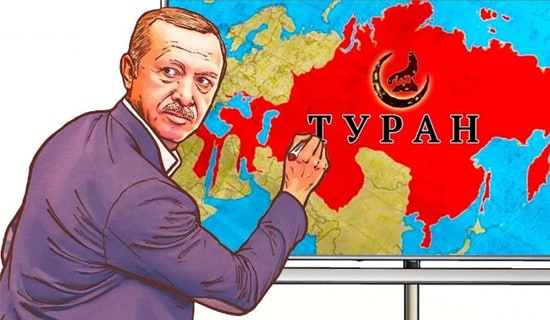Prominent Egyptian journalist Salah Montasser, a former MP and the former editor of the October daily, devoted his November 22, 2016 column in the government daily Al-Ahram to the 39th anniversary of president Anwar Sadat's visit to Israel.
In the column, titled "How Did We Recognize Israel?", Montasser described his personal involvement, as a senior member of Al-Ahram's editorial board, in the contacts that preceded the visit, and also described the feelings the visit had evoked in him. Quoting parts of Sadat's address to the Knesset in which he expressed Egypt's recognition of Israel and its willingness to coexist with it in peace, Montasser wrote that Sadat's recognition of Israel had been an important move and had been based on an accurate reading of the facts, rather than on historical claims that Egypt refuses to accept.
The following are excerpts from the column:[1]

Salah Montasser (image: al-Ahram.org.eg)
On November 9, 1977, [former Egyptian president Anwar Sadat] surprised the entire world when he announced in the Egyptian parliament that he was willing to go to the ends of the earth and even beyond, to the Israeli Knesset itself, if this would prevent bloodshed on [either] the Egyptian or the Israeli [side]. Back then I was in charge of the secretariat of Al-Ahram's [editorial] board. That night I was surprised to receive a direct phone call from Walter Cronkite, who was a well-known television presenter in the U.S. at the time. Speaking from Washington, he asked me... whether Sadat would be willing to accept an invitation from Israeli prime minister Menachem Begin to visit Jerusalem, should he receive such an invitation.
"I asked him to call back in half an hour, and in that time I informed the paper's editor, Hamdi Al-Gamal, about the matter, and he called president Sadat. When Cronkite called again I relayed the president's answer. Several hours later, the official contacts had been made and on the night of November 19 Sadat made his way to Jerusalem. The next morning he prayed the ['Id Ak-Adha] prayer at the Al-Aqsa mosque, and in the evening he delivered his speech at the Knesset.
"According to reports, the world had never [before] witnessed an event that caused people to glue their eyes to their television sets like this unprecedented event involving two countries that had fought five wars against each other and were [full of] mutual hostility.
"It was therefore important to see how Sadat would recognize his enemy, whose presence [in the region] stems from historical circumstances. For this reason, the following part of Sadat's speech is considered a historic document: 'We used to reject you. We had our reasons and our claims, yes. We used to brand you as the 'so-called' Israel, yes. We were together in international conferences and organizations and our representatives did not, and still do not, exchange greetings, yes. Yet, today I tell you, and declare it to the whole world, that we accept to live with you in permanent peace based on justice.'
"Finally, Sadat came to the most important part [of his speech], in which he said: ' I have announced on more than one occasion that Israel has become a fait accompli, recognized by the world, and that the two superpowers have undertaken the responsibility of its security and the defense of its existence.' This was the basis of Sadat's important recognition of Israel, which was a fait accompli that had been imposed by the U.N., by the historical claims or proofs [of Israel's legitimacy] that Egypt refuses to recognize."





